But I didn’t go blind; so why write about it? For one, to squelch the rhetorical rubbish of having to tell this story over and over. Next time it happens to pop up, I can get over the hiccup in conversation and send a link to right here. Further, the experience blew apart and confirmed the cliché about appreciating something before its’ gone.
While I seriously doubt publishing the experience will do wonders for me, my hope is it may help someone else in ways I could never know. Quite frequently, I found relief in reading someone else’s experience; and since books and reading are like doorways to other worlds, you may be well warned this story tends to incite grimace.
People don’t appreciate things until they’re gone, isn’t always true. I’ve always appreciated all my senses, as uncommon as some of them are. The spectrum of sensory experience facilitates the perceptual faculties, and can invite individuals to reflect upon the narrative and lineages they’re running on.
As the issue in the air the last years has been on the loss of senses and life, human perceptual motors are not without error. With the proneness life offers on the road to loss and grief, navigation in a human body tends to rely heavily on the eyes. Nearly going blind was a bit traumatic and quite painful. Moreover, I nearly went blind while living in Norway, a place where most people do speak English; and I know basic Norwegian, but tend to lose the faculties to speak in a relatively new layer of embodied memory, in a time of crisis. So I default to English, and this definitely added a gauzy layer of confusion to the experience.
When making choices in life, one may make a list of pros and cons. This list is referenced often from memory and knowledge. There’s this funny saying about not knowing what you don’t know, and this is one of those things. Most people usually do not dwell on all the things that could possibly go wrong while traveling or moving states or countries. To propel forward, the focus tends to be on the possibilities.
Now I grew up during in a liberal ideological period. Anything is possible, as long as you work hard enough, or more recently, wise enough. I’m not sure if that’s true yet or not. But the ideas running through liberal mental states have come into some intensely confronting situations in reality. This conflict between ideas and reality has afforded a great lot of mind opening experiences, but when those conflicts or tensions bridge from mindspace to physical bleeding, the call to pause and reflection isn’t always an invitation more than it is a command.
Physics and metaphysics are areas I’ve always been interested in, which tends to go into structural dynamics and principles not so much involving causality but rather laws of nature such as costs and sacrifices. Everything matters is a concept so enormous, it requires teams of people working across the globe to sort through. This makes our human relationship with the nature of life often deeply subjective. And even in our reach for repeatable objectivity, there are still tendencies for the human minds’ ability to make stories up or rationalise actions and experiences.
Tension works on principles of pulling or pushing and release. Tension pulled far enough in one direct tends to exert equally or exponentially in the other direction. I found these principles in physics written in clear terms and diagrams in a book by Robert Fritz, who explained structures of advancement, and structures of oscillation. Without vilifying one structure or the other, he used the rocking chair as an example of oscillation, and walking as a form of advancement. In some ideological or political instances, oscillation or hypocrisy tends to be viewed as destructive over time. The question of slow poisoning without notice, or fast poison with rapid results or response, another more extreme site.
What happened the day I went blind drove me to look more deeply into these areas. And what I mean by look, is to think and learn. While I’d passed physics more easily than chemistry, I would say the learning was about useless, unless I could apply the knowledge to life. And in this case, life applied the lesson directly to the back of my eyelids.
On a Sunny, Sunday morning in Oslo, a cherimoya I picked up at the market was finally ripe. Food, and particularly imported fruit, in Norway reminds me of my time in Japan. Every bite is savoured because it is expensive. The cost doesn’t make the extra pleasure but gives the mind reason to pause. Internally, I had friendly memories of eating cherimoyas while doing yoga teacher training nearly a decade prior, and so to find something familiar in a new place I was finding quite challenging gave me a lot of comfort. Having just enjoyed this delightful experience, I recall my partner sitting on the computer watching YouTube videos. YouTube is quite a funny experience to come up quickly through culture, and for whatever reason he was watching a woman using an exercise band. She was demonstrating how to strengthen her thigh muscles, to which I thought sure, I could try that! Even though I preferred walking and yoga, I had received an advice to use these exercise bands. I was skeptical because the PnF techniques yoga uses is pretty similar to using exercise bands, but I tried it anyway. If you can’t tell by now, I still regret it.
That wonderful and playful day turned into a nightmare as fast as that band slipped off my feet toward my face. My reflexes to shut my eyes and turn my head got as far as closing my eyes when the tension from the band hit my them the pain that seared through my whole body shut off my brain and caused me to howl. I tried to stop but then I began crying; as I opened my eyes I realized I wasn’t just crying but the view of the world was becoming dark. I was losing my vision. My partner rushed to my side and jumped back with a gasp. I couldn’t really see that happening, but I could feel it. And his tone of voice changed quickly. I told him to call 911 or whatever fast because I remember Maggie, a neighbour I had, telling me a story of her friend losing vision in one eye from getting hit with a ping pong ball. How short of time in critical moments we have to change the course of the future.
I couldn’t understand a thing, as he spoke in Norwegian; I shouted I need an eye doctor now. The person on the other line was saying I had to go to the emergency room and wait in a queue. The infamous social healthcare queue line. Sit and wait with all the rest who are there with runny noses, fevers, perhaps broken appendages, to then see or not see anyone who could help me. Somehow we managed to walk down to the car, and as he continued speaking he began yelling at the person on the other line, NO she has to see an eye doctor or she will go blind.
As we drove away, he explained these details to me, and I tried to calm down. I had noticed the darkness increasing the faster my heart raced, and was generally dark and closing in as I calmed down. As we arrived to the hospital, on a Sunday, he had to pay for parking…more time. Scared out of my mind, I shouted at the building HELP! HELP! I couldn’t see any doors or signs, and someone came to the window and told me in Norwegian to turn right, and the door was there, and climb up to floor 3, which is actually floor 4 when you’re in Norway. So I held the railing and counted the floors I passed to open the door to an empty hallway shouting SOMEONE HELP ME! Upset does not get you faster help in Norway; it actually scares people. So it wasn’t until my partner had made it up the stairs that I remember a nurse grabbing my arm telling me it will be alright, and showed me to a seat where I had to wait.
For some reason unknown to me, I needed to call my friend in Italy. It was as if I believed she could know my fate. Here people telling me everything was going to be alright, I didn’t believe them. I needed to hear the voice of my friend. She was very calm, when she understood the situation, she said, I really think your eyes will be healed. Everything is going to be alright. I managed to calm down enough my vision seemed to clear, and that’s when I realized the tissues I used on my eyes were not just wet, but they were dark.
After the longest 15 minutes of my life, I was sitting in a chair, getting eyedrops in my eyes and having the doctor examine them. She said I was very lucky, there was only a tear, and this would heal as long as I remained calm for about a week.
On the drive home, we had to stop at the pharmacy, and that’s when I learned I had been bleeding out of my pupils. The red in my eyes, wasn’t the red around the white parts, but was actually coming from the tear in the back of my eyes.
The difference between this experience and having LASIK eye surgery is many, but of course one was elective. Similar to after having laser eye surgery, I had to lay in a room for a week, no soap, perfume, smoke, heavy lifting or anything that could raise my heartbeat. The body had to heal the eyes. The drops ensured the ocular pressure was not exceeded, and a check up later required.
In retrospect, I realise no one expects something that seems safe to go wrong. And how lucky I was to have someone help me get to the hospital before it was too late. I was also not stuck with an enormous bill to frantic about, and so I was lucky. Had this happened anywhere else, in a bigger city, alone, the “way things go: would have been different.
In a singular climatic life event, there are so many structures and dynamics in play, some obvious, and a great lot not on purpose. While the people and context were not so mysterious, why that experience happened, I never can truly say. I’m not much of a big believer in things I cannot sense for myself, but it did turn me into less of a materialist and had me reconsider more about the religious stories I had heard growing up. Those stories attempted to describe things that can happen to anyone in life, and the lessons in them.
For as complicated or simple as the lessons out of trauma can be, I have never used a band for anything than in my hair, and I will always wear eye protection near anything that can come near my eyes. I still have floaters and struggle focusing at times, but at least I still can see. In an instant, everything in life can change, and even when it doesn’t, experience really changed me.




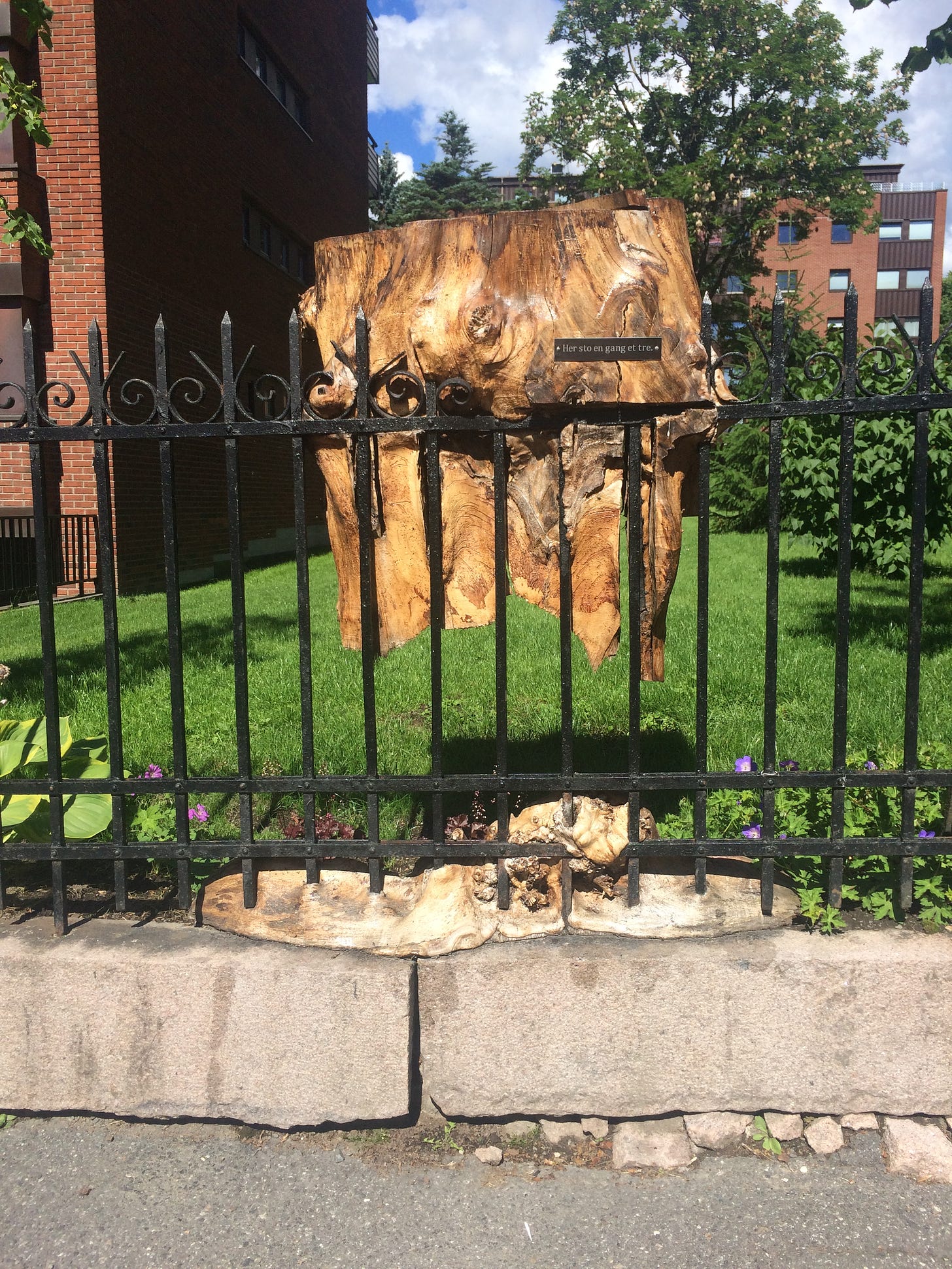




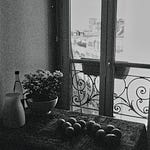
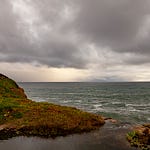

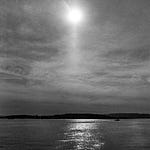
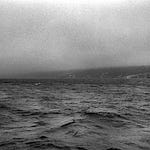

Structural tension